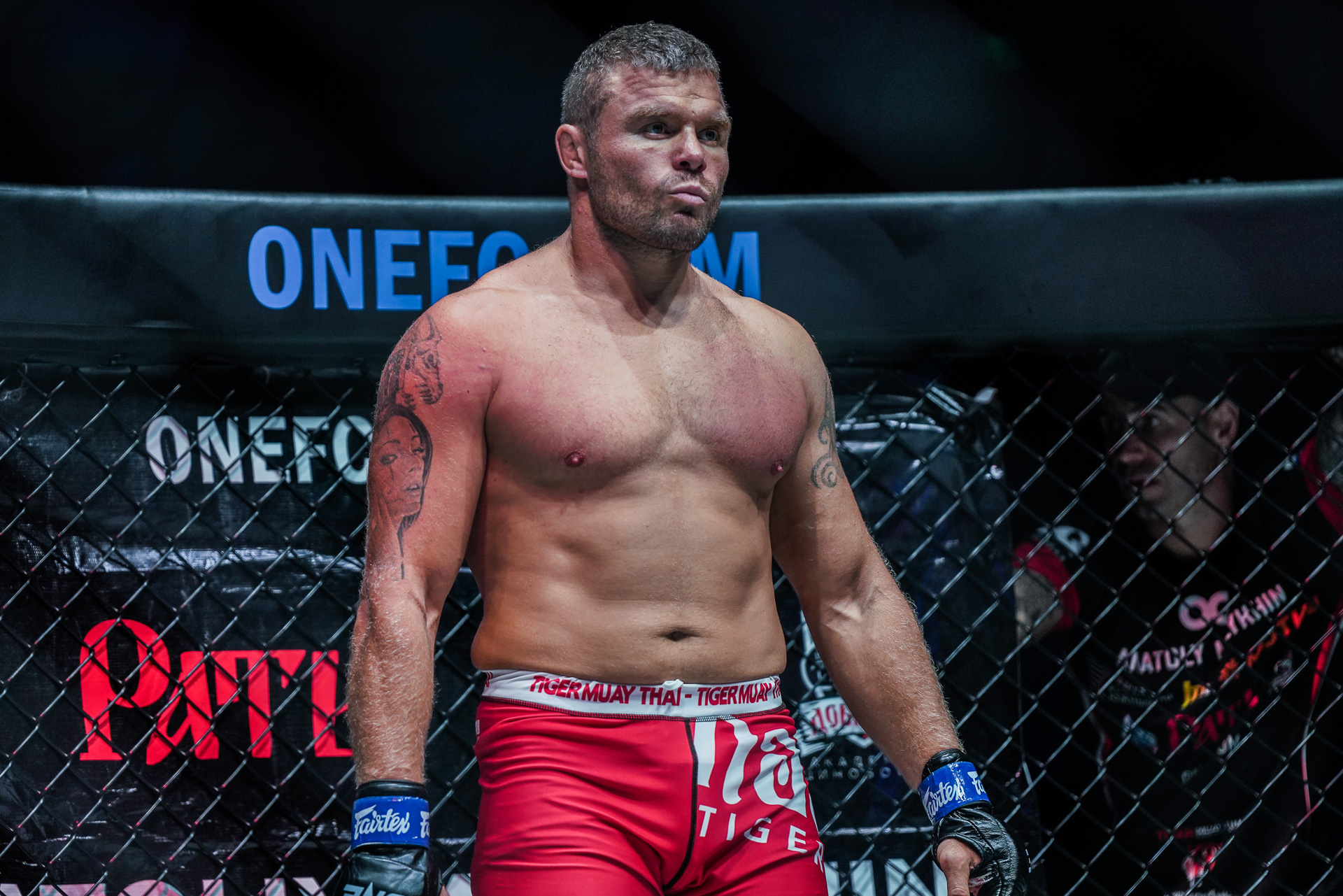About Thanh Le
Former ONE Featherweight MMA World Champion Thanh Le grew up in the city of New Orleans.
Most of his fondest memories center around his father’s taekwondo school and traveling to tournaments with the gym’s competition team. So, to this day, he credits the martial art for keeping him off the streets and out of trouble.
In 2011, Le watched a mixed martial arts bout for the first time and became intrigued by the sport. He soon tried his hand in amateur promotions and competing became his greatest passion. Then he decided to make use of his lifetime of martial arts training to try and become the best in the world.
Le went 8-1 to begin his professional career and captured a local title along the way. In 2019, he signed with ONE Championship and scored three knockouts in a row to earn a shot at then-divisional king Martin Nguyen in 2020. Le finished the long-reigning World Champion in the third round to become the undisputed featherweight king.
However, in his second World Title defense, he dropped a unanimous decision to Chinese standout Tang Kai and lost his belt. Shortly thereafter, Tang injured himself in training and an immediate rematch couldn’t happen. So, on October 6 at ONE Fight Night 15 on Prime Video, Le submitted Ilya Freymanov for the ONE Interim Featherweight MMA World Title.
Though Le fell to Tang in their ONE Featherweight MMA World Title unification rematch at ONE 166: Qatar in March 2024, he is looking to work his way back toward another crack at the belt and the biggest trilogy the division has ever seen.
ONE Championship Records
Event Results
| Result | Sport | Method | Round | Method and round | Opponent | Opponent and event | Country | Date | Event | |||
|---|---|---|---|---|---|---|---|---|---|---|---|---|
|
LOSS
MMA
TKO
TKO
R3 (4:48)
|
MMA |
TKO
R3 (4:48)
|
R3 (4:48) |
|
Tang KaiChina
|
China |
ONE 166: Qatar |
|||||
|
WIN
MMA
Submission
SUB
R1 (1:02)
|
MMA |
Submission
R1 (1:02)
|
R1 (1:02) |
|
Ilya FreymanovRussia
|
Russia |
ONE Fight Night 15: Le vs. Freymanov on Prime Video |
|||||
|
LOSS
MMA
Unanimous Decision
UD
R5 (5:00)
|
MMA |
Unanimous Decision
R5 (5:00)
|
R5 (5:00) |
|
Tang KaiChina
|
China |
ONE 160: Ok vs. Lee II |
|||||
|
WIN
MMA
Knockout
KO
R1 (0:56)
|
MMA |
Knockout
R1 (0:56)
|
R1 (0:56) |
|
Garry TononUnited States
|
United States |
Lights Out |
|||||
|
WIN
MMA
Knockout
KO
R3 (2:19)
|
MMA |
Knockout
R3 (2:19)
|
R3 (2:19) |
|
Martin NguyenAustralia / Vietnam
|
Australia / Vietnam |
Inside The Matrix |
The SHOCKING ending to the ONE Featherweight World Title fight between Martin Nguyen and Thanh Le! |
||||
|
WIN
MMA
Knockout
KO
R1 (2:51)
|
MMA |
Knockout
R1 (2:51)
|
R1 (2:51) |
|
Ryogo TakahashiJapan
|
Japan |
A New Tomorrow |
👊 ANOTHER 👊 KNOCKOUT 👊 |
||||
























